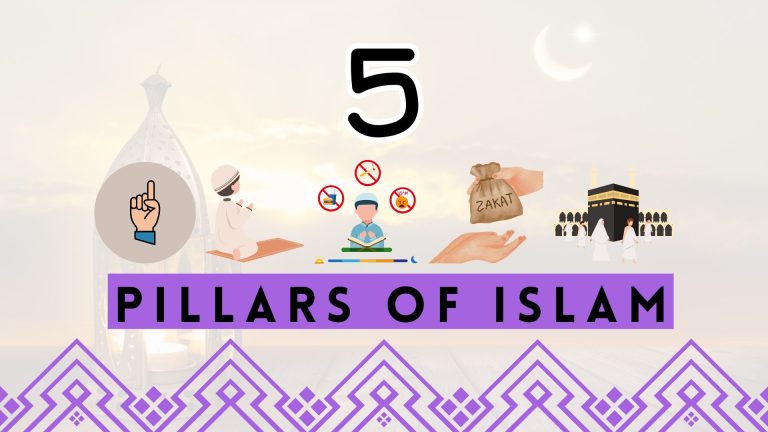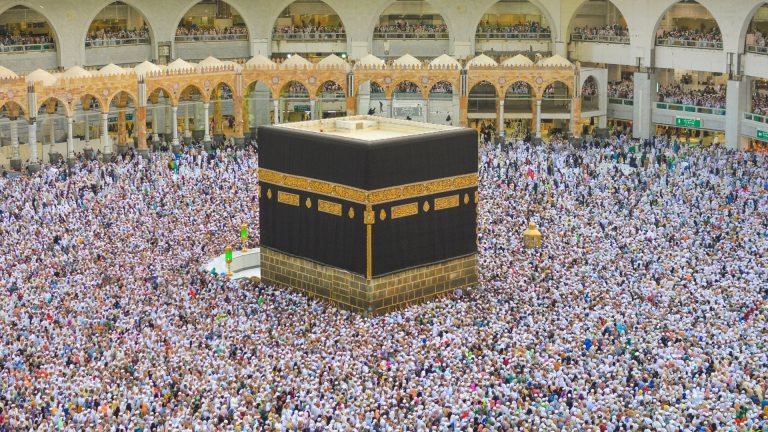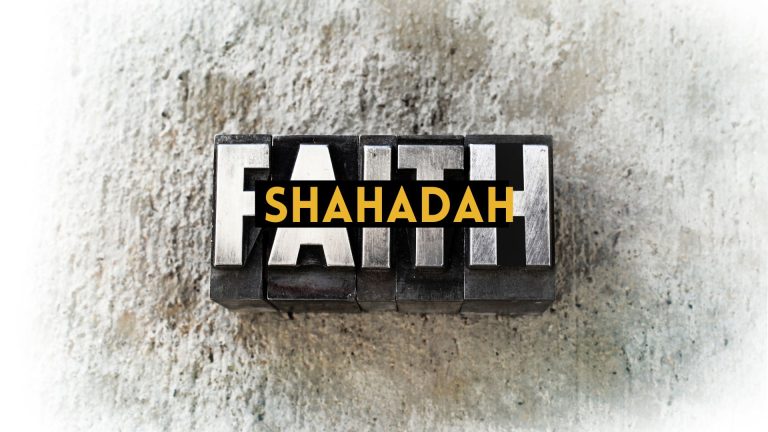Fasting in Islam
Islamic Legal Rules of Fasting
Sawm, the Arabic term for Fasting in Islam, is mentioned in the Quran as an act of abstaining. In Chapter Maryam, Mary, the mother of Jesus, declares, “I have vowed a fast (sawm) for the sake of the Merciful, so today I shall not speak to anyone.” [Maryam 19:26]. According to Shariah, sawm entails refraining from all prohibited acts from dawn until sunset, with the intention of fasting.
Purpose of Fasting – Fasting in Islam
The Quran states, “O you who believe, fasting is prescribed for you as it was prescribed for those before you, so that you may learn taqwa (piety).” Taqwa is a central concept in Islamic spirituality and ethics, embodying holiness, righteousness, and consciousness of God. It is the essence of Islamic ethical behavior, motivating believers to seek goodness and avoid evil for the sake of God. Taqwa necessitates patience and perseverance, qualities that fasting helps to cultivate.
The Prophet Muhammad (peace be upon him) described fasting as a shield that protects a person from sin and immoral desires. Similarly, in the Bible, Jesus is reported to have said that certain evils can only be overcome through prayer and fasting (Matthew 17:21).
Imam Al-Ghazali explained that fasting can instill in individuals a sense of divine quality, akin to freedom from worldly desires. Imam Ibn Al-Qayyim believed fasting could liberate the human spirit from the dominance of desire, promoting moderation in worldly pursuits.
Imam Shah Waliullah Dahlawi saw fasting as a way to diminish base instincts and strengthen noble characteristics. Maulana Mawdudi highlighted fasting as a means to develop individual and communal piety and self-control.

Fasting in Islam Is Obligatory
As stated in the Quran, Fasting in Islam is considered obligatory for Muslims (Al-Baqarah 2:183). The Quran describes Ramadan as the month in which the Quran was revealed, offering guidance and clear signs for humankind, and it instructs believers to fast during this month (Al-Baqarah 2:184).
Prophet Muhammad (SA) further emphasized the importance of Fasting in Islam in his Hadith. He mentioned that Islam is based on five pillars: faith in one God and the prophethood of Muhammad, performing the five daily prayers, giving charity (zakat), performing the pilgrimage to Mecca (Hajj), and fasting during Ramadan.
The Muslim community universally agrees on the obligation of fasting during Ramadan for those who are physically able (mukallaf).
Rules of Fasting in Islam
During the holy month of Ramadan, fasting is a significant religious observance for Muslims worldwide, representing a period of spiritual reflection and increased devotion. The rules Fasting in Islam are outlined to ensure that it is observed sincerely and by Islamic teachings.
Observing these rules ensures that fasting is a meaningful and spiritually enriching experience for Muslims during Ramadan.

Fasting According to the Sunnah
Things That Invalidate the Fast

Things That Do Not Invalidate Fasting In Islam
Best Foods to Break a Fast

Foods to Avoid Breaking a Fast
In simple terms, opt for light, nutritious foods that are easy on the stomach and avoid heavy, processed, or high-calorie options.
FAQs
What if I unintentionally swallow food or drink while fasting?
If you accidentally swallow food or drink without intent, your fast is still valid, but you should stop immediately upon realizing the mistake.
Can I fast if I am pregnant or nursing?
Pregnant or nursing women are allowed to postpone fasting to a later time when they can do so.
Do I have to fast if I am traveling?
Travelers can postpone fasting during the journey and compensate for missed fasts later.
What if I am sick or have a chronic illness?
Temporary illness exempts one from fasting, but the missed days must be made up later. Those with incurable illnesses should provide for each missed fast by giving a day’s meal or an equivalent amount of money to a needy person.
How To Break a Fast?
To break a fast, start with small portions of easily digestible foods and hydrate with water or herbal tea. Choose nutrient-dense options, listen to your body’s cues, and avoid overeating to prevent discomfort and support digestion.
Conclusion
Fasting in Islam is a spiritual practice that involves abstaining from food, drink, smoking, and other physical needs from dawn until sunset during Ramadan. It is a significant act of worship that teaches self-discipline, patience, and empathy for the less fortunate.
Fasting is obligatory for all adult Muslims who are physically able, and it is one of the Five Pillars of Islam. Observing the rules and etiquette of fasting enhances its spiritual benefits and helps Muslims strengthen their faith and connection with Allah.





